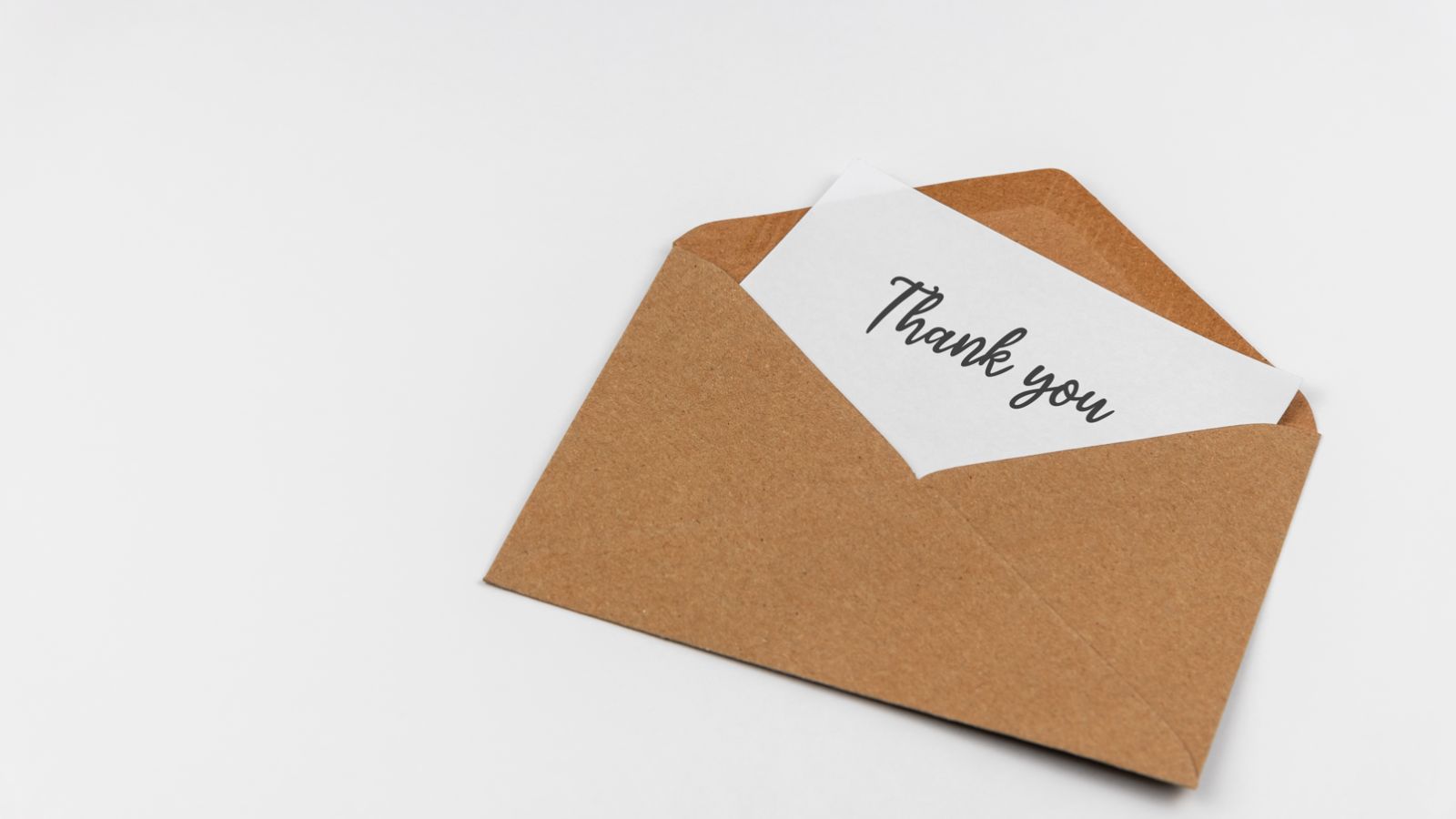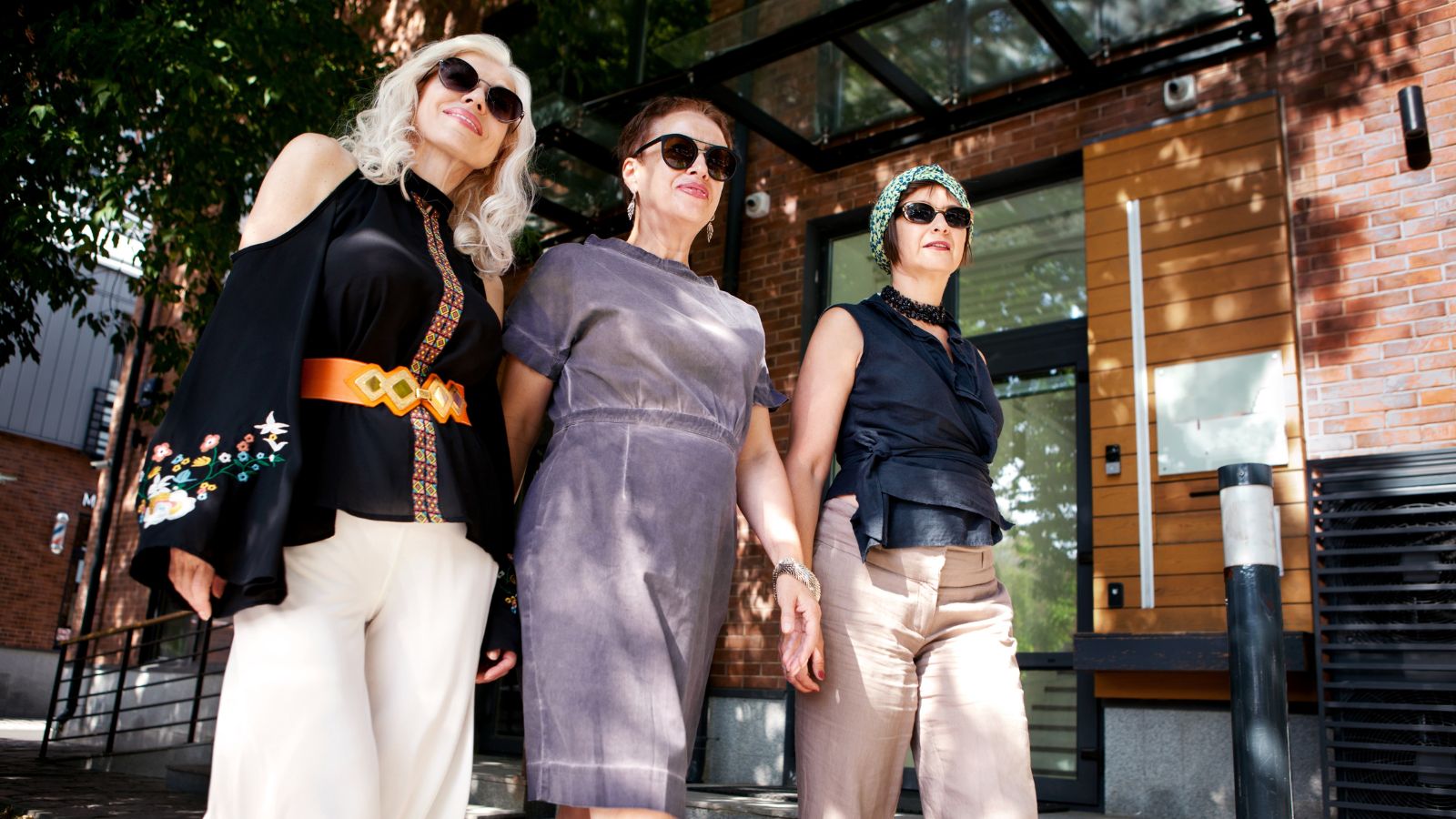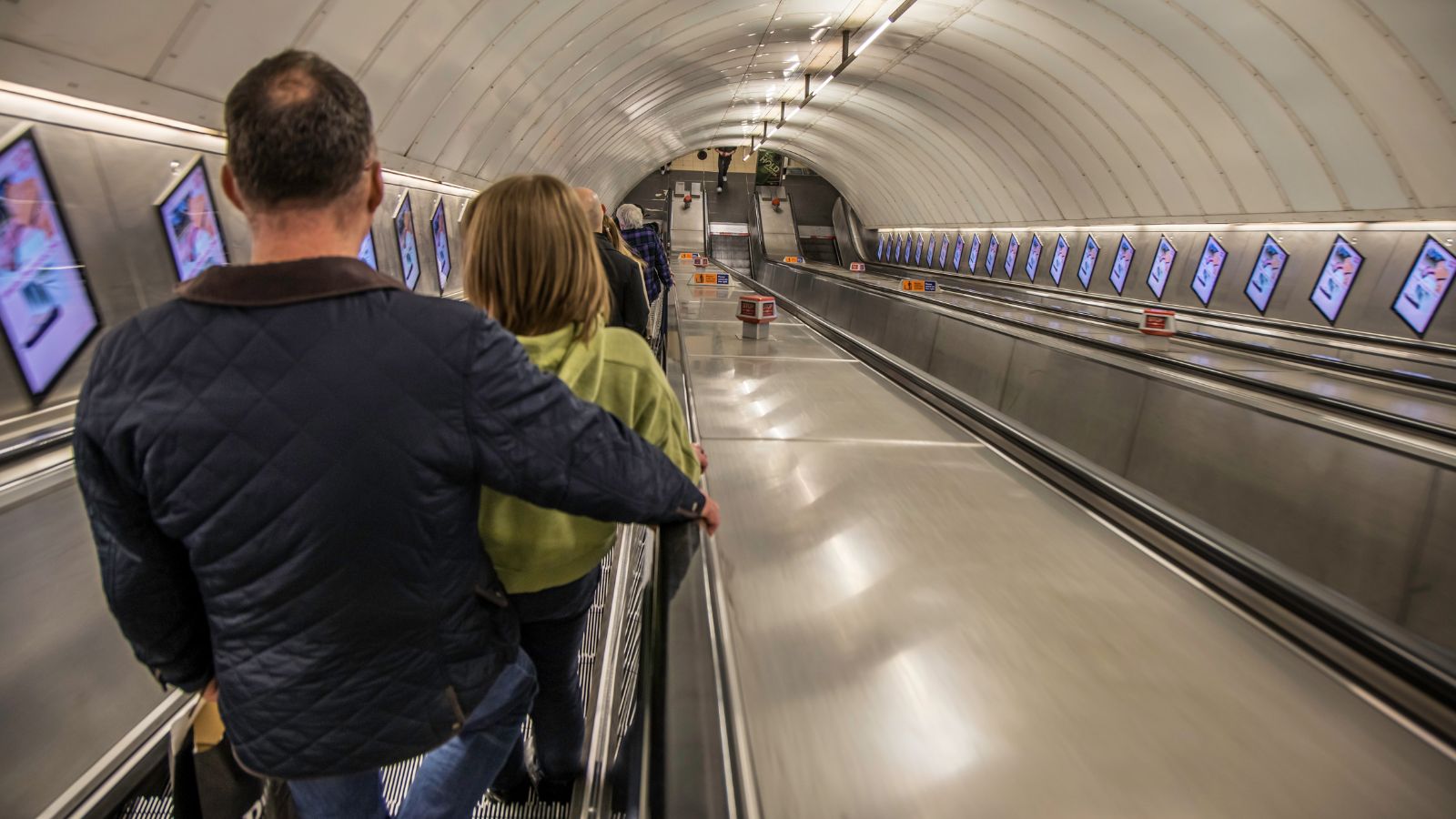British etiquette has always been a hallmark of good manners, yet many of its finer points have been forgotten. These little customs can reveal the traditions that originally shaped British society, so if you want to know the most important etiquette rules of the UK—and check if you’ve actually been following them—read on.
Skip the Money Talk at Meals

When you’re gathered around the table for a meal, conversations about money are best left for another time. In Britain, discussing finances—whether it’s your salary, the cost of the meal, or someone’s spending habits—is considered impolite, as mealtimes are meant to be a time for more relaxed conversation.
Bring Back the Thank-You Note

There’s something special about receiving a handwritten thank-you note, yet this lovely tradition is becoming a rarity. In UK culture, a proper thank-you note can be a heartfelt expression of gratitude that shows someone you value their kindness, even though sending a quick text or email might be more convenient.
Be Patient in the Queue

If there’s one thing the British know how to do, it’s queue, and the unspoken rule of queuing is that you wait your turn without fuss, regardless of how long the line is or how impatient you are. Complaining loudly or trying to cut in is a sure way to draw disapproving glances.
Dress the Part, Whatever It Is

In the United Kingdom, how you dress still says a lot about your respect for an event and the people hosting it, and despite the fact that fashion trends have made things more casual overall, there’s a time and place for every style. Turning up to a wedding in jeans or a formal dinner in sneakers might be forgiven, but it won’t go unnoticed.
Getting a Waiter’s Attention the Polite Way

Getting the attention of restaurant staff is an art in this country; waving your arms or yelling across the room is considered not only rude but also unnecessary. Instead, a polite glance or a raised hand at the right moment is all it takes, because it’s all about respect—both for the waiter who is likely busy and for the other diners who are enjoying their meals.
Tea First, Milk After

One of the most enduring debates is whether the tea or the milk goes into the cup first when making a cup of tea. Proper etiquette dictates that tea should always be poured first, ensuring the perfect balance of flavors when the milk is added, but some argue the opposite.
Apologise, Even If You Don’t Need To

Saying sorry is practically second nature to Brits because it’s a way to keep social interactions smooth, such as when someone accidentally bumps into you or you need to ask for help. A quick “sorry” diffuses tension and shows consideration in some situations, but overdoing can also make the situation just as awkward.
Stay to the Right on Escalators

Escalator etiquette might not seem like a big deal, but in busy places like train stations and airports, it’s important to stand to the right and leave the left side clear for those in a rush. It’s such an ingrained habit that breaking it can cause chaos, with frustrated commuters glaring or muttering under their breath.
Keep It Down in Public

Whether you’re on a train, in a café, or even walking through the park, keeping your voice down is a sign of respect for those around you, and in Great Britain, public spaces are often shared by people who value their personal quiet time. With this in mind, loud conversations can be intrusive, making it difficult for others to relax or focus.Post
Don’t Ghost Invitations

We know life gets busy with endless notifications, but responding promptly to any digital invitation is a vital part of having good manners. Ignoring an RSVP or delaying your reply can be seen as inconsiderate, as it leaves your host in limbo, whereas a quick yes or no shows appreciation for their effort in including you.
Hold That Door Open

Another thing to make sure you’re doing in this country is holding the door for someone, no matter their age or gender, because it’s a simple gesture of kindness. If you don’t, it can come across as thoughtless, whereas a smile or a “thank you” in return makes it all the more rewarding.
Use Titles Until Told Otherwise

Addressing someone by their first name right away might seem friendly, but it could actually be seen as overly casual. This is especially true in professional settings or when meeting someone significantly older or in a position of authority; instead, the traditional approach is to use a title and surname—Mr., Mrs., Dr., or Professor—until you’re invited to do otherwise.
Don’t Be Early for a Party

Surprisingly, there is such a thing as being too early, even if you’re trying your best to be punctual, because arriving before the stated time can leave your host scrambling to make last-minute preparations. Instead, aim to arrive within a fashionable five to ten minutes after the official start time to best respect their schedule.
Know Where to Put Your Cutlery

In British dining etiquette, how you position your knife and fork sends a clear message to your host or server; remember, when you’ve finished eating, placing them together on your plate—typically at the 6:30 position—signals that you’re done. Leaving them apart can be confusing, as it might suggest you’re taking a break.
Compliment in Moderation

Compliments are always appreciated, of course, but in this country, there’s a fine line between genuine flattery and over-the-top praise. Excessive compliments can make people feel uncomfortable or even suspicious of your sincerity, so remember: subtlety and authenticity are key.
Save the Affection for Private

Lastly, it’s important to note that Britons are known for their reserve, and public displays of affection (PDAs) can often make people feel uncomfortable. A quick hug or a light kiss might be acceptable in certain contexts, but overly demonstrative behavior—such as extended kissing or cuddling—is generally frowned upon in public.

